Reflecting on experience
A range of models that can be used to prompt and structure reflection on experience.
Using reflective models is one of the easiest ways to engage with the reflective process. The ones highlighted below will support you with structure, guidance and questions. Your use of these models might change depending of why you are doing reflection:
- Private reflections can take on any form and language you want. You can be as creative or structured as you want as long as you ensure you go through the reflective process of self-questioning.
- Reflection for an assignment often requires a particular language and structure. You should therefore always follow the guidelines provided by the staff who assess the assignment. Moreover, here you might want to keep somethings private – that’s okay. You should never share something you are not comfortable with.
More information about the different places reflection may happen and how to produce reflections for assignments can be found on:
Producing reflections (within Reflectors’ Toolkit)
The last thing to consider is that viewing the reflective process as a structured model is just one approach; you might prefer to reflect freely with no structure. In that case see:
Free-form reflection (within Reflectors’ Toolkit)
Gibbs' Reflective Cycle

One of the most famous cyclical models of reflection leading you through six stages exploring an experience: description, feelings, evaluation, analysis, conclusion and action plan.
What? So what? Now what?
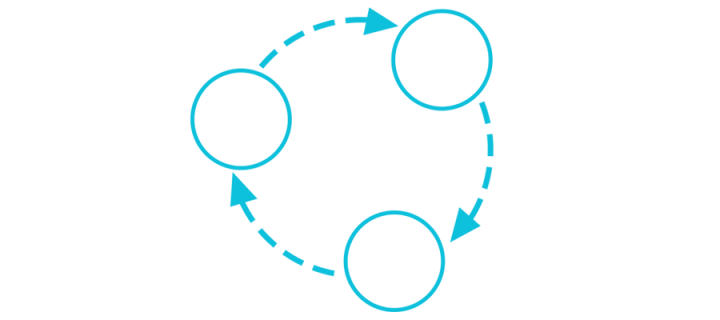
One of the simplest frameworks of reflection - by moving through three reflective stages, you will think about an experience, its implications, and what that means for the future.
The Integrated Reflective Cycle
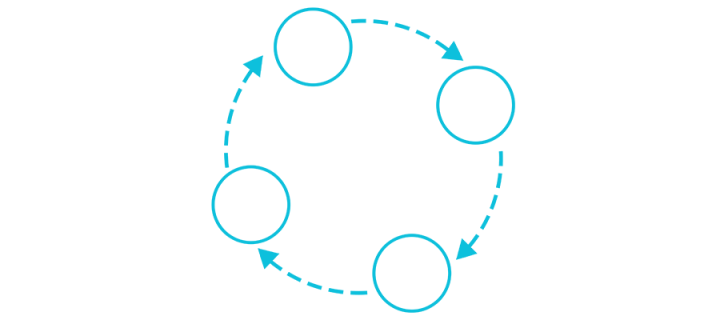
The Integrated Reflective Cycle draws on other models and takes you through four steps to consider: the experience, your actions, relevant theory, and preparation for the future.
The four F's of active reviewing
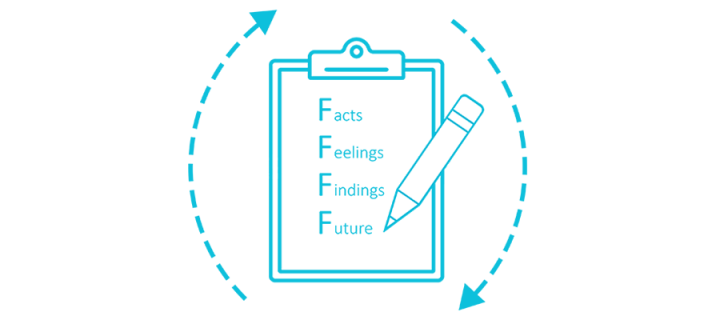
The four F’s of reviewing will help you to review an experience and plan for the future by moving through four levels: Facts, Feelings, Findings, and Future.
The CARL framework of reflection
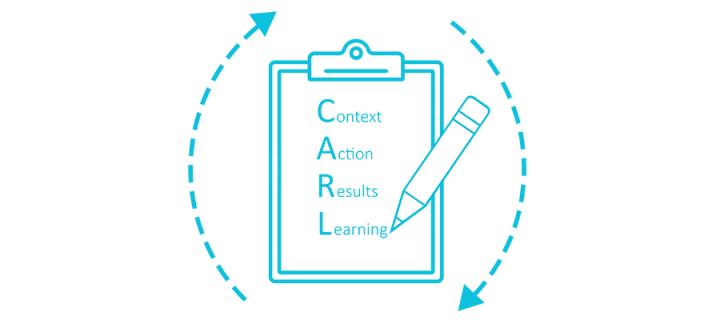
This framework takes you through Context, Action, Results, and Learning.
The 5R framework for reflection
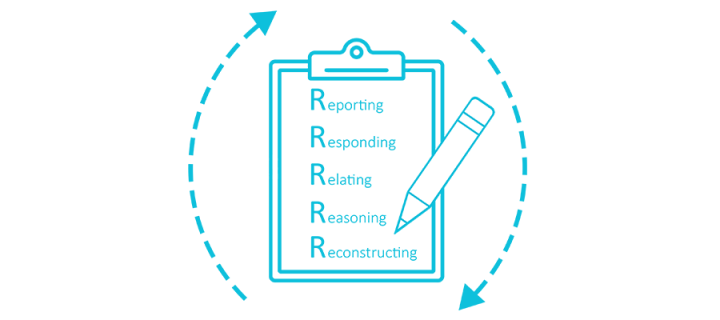
The 5R framework for reflection will guide you through Reporting, Responding, Relating, Reasoning, and Reconstructing to make sense of a learning experience.

